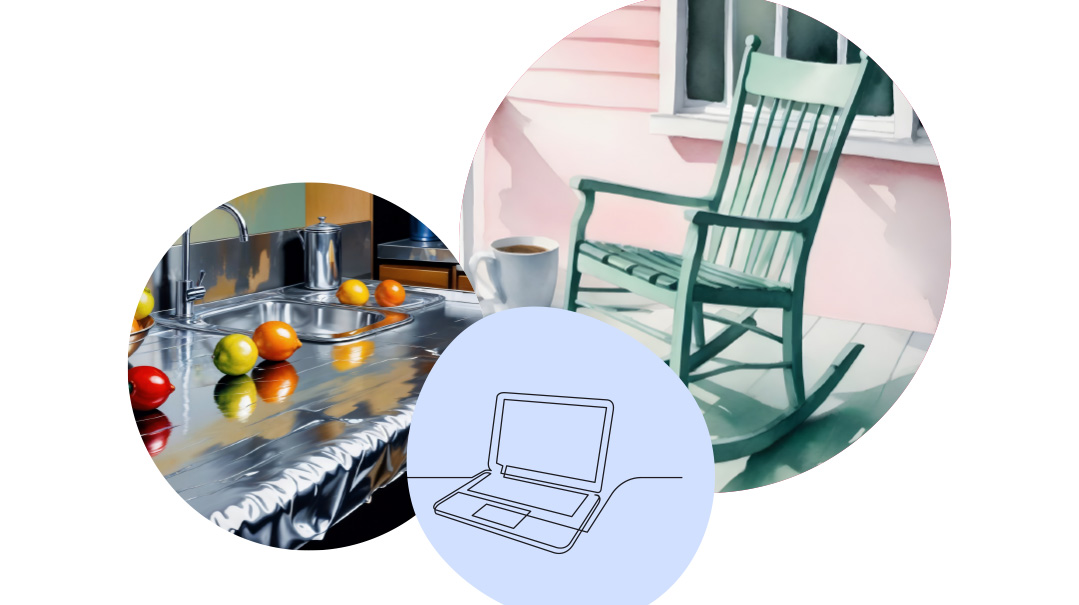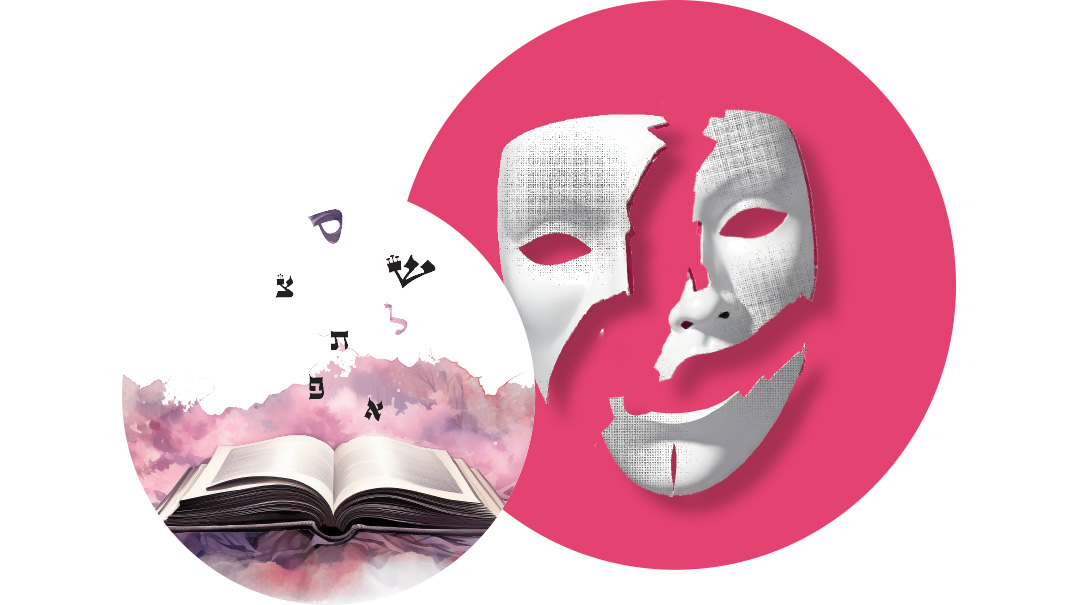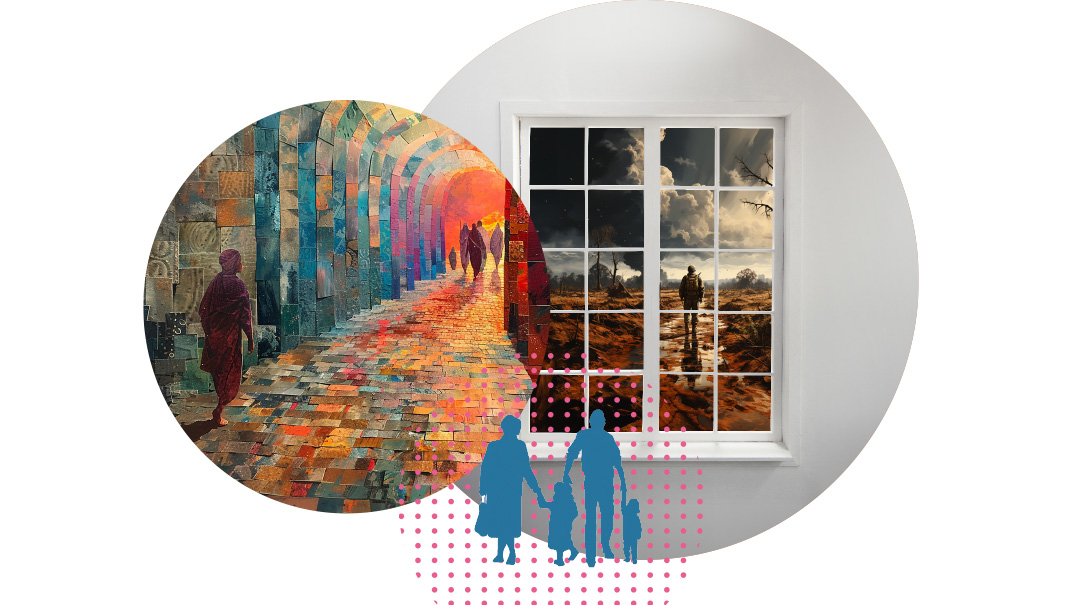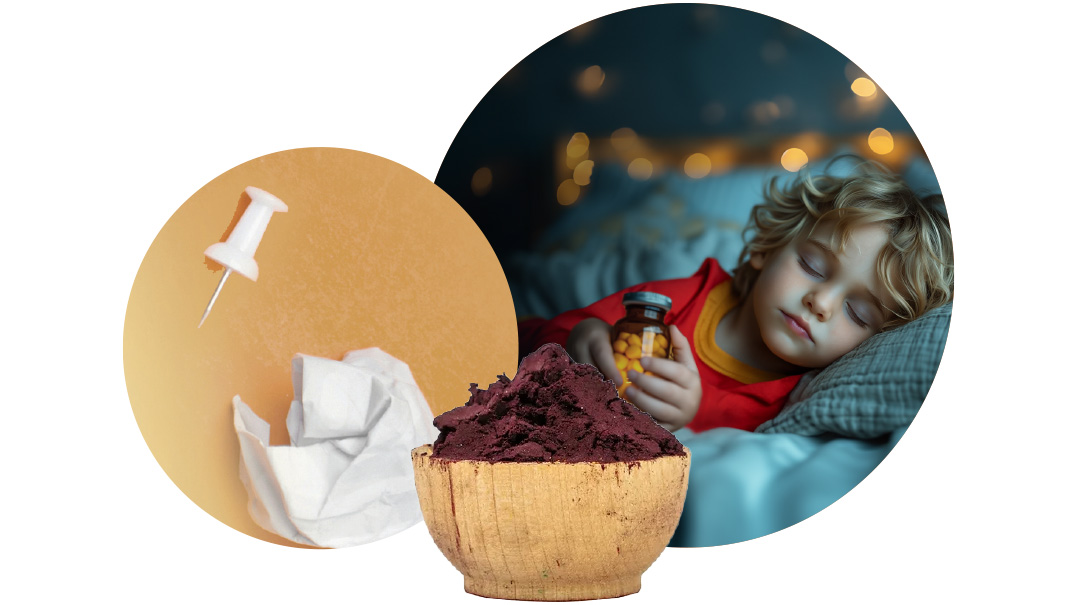Family First Inbox: Issue 816

“Once I started therapy, I told my mother that I can’t imagine relating to a boy who didn’t have to work on himself”
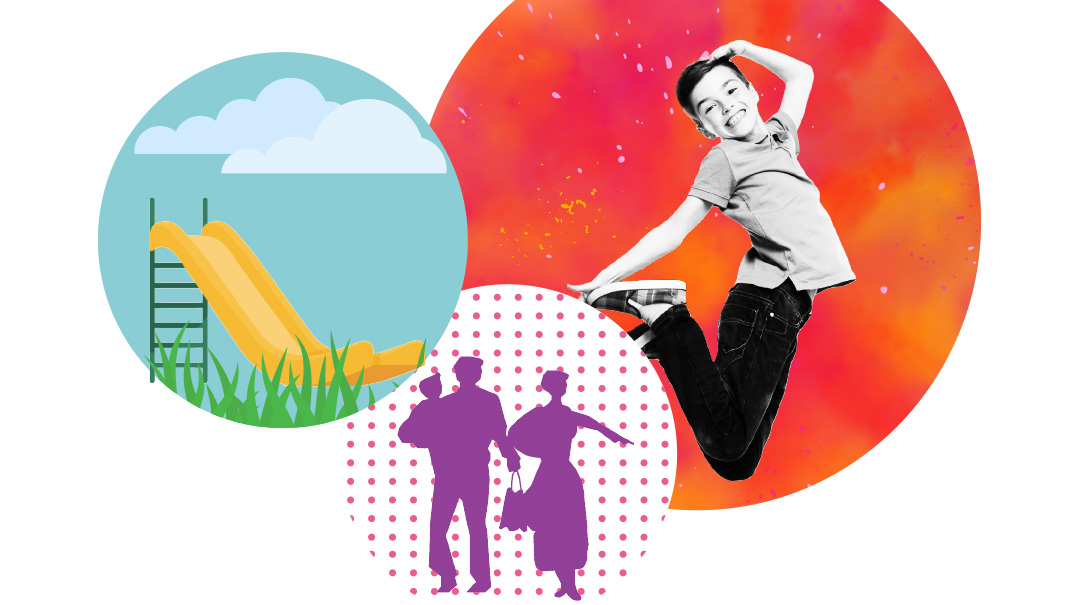
Faulty Mindset? [Family Connections / Issue 814]
I’m a big fan of Family First and have been even more impressed lately at the topics that have been presented and the issues that have been tackled. Our world needs to learn about the complications that are around us and I think it’s healthy that Family First does not shy away from those stories and articles.
It is in this vein that I was surprised while reading the Family Connections in which a brave young lady posed a dilemma that was predicated on a faulty mindset, one with which I assumed Mrs. Radcliffe would take issue right off the bat.
The 19-year-old wrote that she’d been experiencing “emotional instability in recent years,” which left her depressed and anxious. She explained that she had “spoken to my parents about it, but they’re fiercely against the idea of therapy, afraid that it’s going to ruin my name in shidduchim,” and then went on to elaborate a bit more about her situation.
As I read her letter, I braced myself for what I thought would be the obvious reaction: an answer that would address this line first and set the writer and her parents straight.
Which Mrs. Radcliffe did, but in a very different way from what I was expecting.
She answered, “You understand that your parents have your best interest at heart, in that the reason they don’t want you to go to a therapist is for the sake of shidduchim.”
I read this answer incredulously as my heart dropped. Best interest at heart?! If therapists can’t speak out against this assumption that if a girl goes to therapy, she will not find a shidduch, how can we ever expect anyone else in our community to feel that way? If a young woman or man needs therapy, isn’t it dangerous for them to choose not to go because it might ruin their chances of being set up on dates? How are we allowing such a phenomenon to occur in our midst? When will taking care of emotional needs be seen as admirable, and not as a strike against a person? Do we not know by now how much healthier and self-aware people are when they get the therapy and/or medication they need? How can anyone, let alone a therapist, support this behavior and defend it?
It could be that this girl does not need therapy and that the advice Mrs. Radcliffe shared will be effective for her, which would be lovely. But the idea of not even considering therapy because it will affect shidduchim should not be considered acceptable by anyone at any time. If parents love a child, they will do whatever it takes to help her; they will explore every avenue to get her the help she needs, keeping shidduchim out of the equation.
Let’s hope our community comes to this realization sooner rather than later and we can effectively remove all the stigma attached to getting the proper help and support that we all need, no matter what stage of life we’re in.
A Concerned Frum Therapist
Sarah Chana Radcliffe responds:
You are, of course, totally correct in saying that receiving necessary therapy takes priority over concerns about shidduchim and all other matters. I think I should have included that statement somewhere in my response because I see (from your letter) that the thinking behind my response to this writer is not clear. I will clarify it here.
The writer asked me this question, and I quote: “I’m wondering what you think about getting help myself, behind my parents’ back, with the risk of consequences like anger and resentment on my parents’ end.” Before answering the question, I considered her description of the problem, in which she stated two important factors: a) “I’ve been experiencing some slight/moderate emotional instability”; and b) “I do think that a large contributing factor in my struggles is the environment I’m in” (from which I understood her to mean that her family home was a stressful environment and when she leaves it, her state of mind will improve).
Based on the fact that her symptoms were mild and likely to improve to some extent once she left home, I felt that she could wait to seek therapy as an independent adult if she still felt she needed it. To go behind her parents’ back would be problematic for so many reasons, besides the risk of being discovered, that it wasn’t a consideration for me. She had already made her case to her parents, and it wasn’t her parents who wrote to ask for my thoughts on the matter.
Would it have helped if she showed her parents a column in which a therapist says that therapy is important despite shidduchim considerations? Based on her description of their feelings (“They’re so fiercely against the idea of therapy, afraid that it’s going to ruin my name in shidduchim”), I was doubtful.
Since my answer was aimed at this particular person in this particular situation, I didn’t feel it was appropriate to lead her into further conflict with her parents. The place to promote education to the public about the importance of therapy would be in columns dedicated to that topic, not as a blanket response to every person regardless of her individual situation. My response was tailor-made for her, in the situation in which she finds herself.
Enhanced My Life [Family Connections / Issue 814]
When I read the question written by a 19-year-old whose parents opposed her going to therapy, I was thinking, “Wow! I could really have written that question!”
You are definitely not the only one going through this. I am a girl in shidduchim and I’ve been feeling a small but constant level of anxiety over the past year or so. I tried pushing it out of my mind and heart because I didn’t think I was the type of person who needs therapy. It is also majorly based on circumstances at home, so I kept thinking that when I get married and move out, I’ll be fine. Until I realized that this anxiety was affecting my relationships with friends and family, and definitely not helping with shidduchim.
After months of trying to function on my own, and hearing again and again that marriage is not a cure nor an escape, I realized that this is not going to go away on its own and I need to talk to someone. I decided that going for help will only enhance my relationships and my life and enable me to be a better wife and mother.
It’s so sad that people think that going to therapy would be detrimental to shidduchim. It will only make you into a healthier, stronger woman and give you tools and skills to cope with life. Going to a therapist is not something that is publicized, but really, it shouldn’t even have to be such a secret. Once I started therapy, I told my mother that I can’t imagine relating to a boy who didn’t have to work on himself. I hope your parents are able to understand that sending you to therapy will only enhance your shidduchim and your life.
M.T.
Lakewood
Laugh Out Loud [Sidekick / Issue 814]
There is no way in the world that I’m the only one who Laughs. Out. Loud. from Hadassa Swerds. Hadassa, I wish I could be a fly on the wall in your house. Are you a real live mother, or are you always just seeing the hilarity in mothering? Like, do you ever get stressed out? You’re hilarious! I’m ready for a regular column: The Swerds Files.
Please keep these amazing columns coming, they are so much fun and really help us mommies (especially of boys) stop taking everything so seriously.
Thanks for the laughs!
S.G.
Lakewood
Awareness and Sensitivity [Know This / Issue 814]
I enjoy reading your Know This column, as it brings to light both common and uncommon situations with a personal twist. The article about a woman with cerebral palsy touched me in a unique way.
My mother, too, was born with cerebral palsy and was diagnosed in her early years when she failed to meet certain physical developmental milestones. The doctors also told my grandmother that my mother would never walk. As with many health conditions, cerebral palsy presents with a range of severity, and each person’s situation varies.
Baruch Hashem, with many therapies, muscle medication, interventions, and siyata d’Shmaya, my mother developed and grew in a mainstream environment, married, had five children, and leads a successful, professional, and fulfilling life. In fact, most people don’t even know she has CP.
Growing up, we knew my mother did things differently and used some accommodations. Her neurological issues affect the right side of her body, so she is forced to use her left hand to write, making most of her writing hard to read (one teacher in elementary school questioned me about who’d signed my homework, as the signature looked forged), and she drives with a left-foot gas pedal installed in the car. My mother struggles with balance (she can’t stand with her feet together for Shemoneh Esreh or Kedushah) and fine motor movements are challenging for her (she gets easy-to-clasp jewelry, talk-to-text technology for typing and texting, gives me containers and the like that she can’t easily close the lids on). Spatial awareness and coordination are not her strong suit, and she was always quick to quip that she has extra siyata d’Shmaya to keep her going and we shouldn’t think we could get away with what she can!
I grew up with an awareness and sensitivity to those who have special needs, yet we have a positive, light attitude regarding my mother’s and our family’s situation. I definitely have a greater appreciation and hakaras hatov to all the healthy people in my life, and truly understand that I never know what is going on in someone else’s life.
While physical limitations or challenges may seem obvious to others, some are more subtle and private and we should never be quick to judge. May HaKadosh Baruch Hu continue to give extra koach to all of us.
Name Withheld
Creativity in Action [Creating Creativity / Issue 814]
I really enjoyed the article on creativity. It inspired me to update the arts and crafts bin and take the kids to walk in Manasquan Reservoir in the rain and collect leaves. The kids then made very creative projects with the leaves.
Thank you for a great magazine!
Chava H.
Work With Us [Words Unspoken / Issue 814]
I found my eyes filling with tears as I read the Words Unspoken written by “A Not-So-Standoffish Absentee,” who was pained when her principal and teacher attributed her lack of participation in extracurricular activities to standoffishness and not her mental health struggles.
I stand with you. I had a similar situation during my last year of high school. I’m a strong student who enjoys learning and strives for growth. I’m sure we’re not alone and there are many girls sitting behind desks dealing with mental illness. I implore principals to address these students properly, with sensitivity and understanding. I myself was hurt by how my principal handled my particular situation. I specifically shared with her what I was going through in order for her to be a support when I needed, yet this didn’t help.
A bit of sympathy, sensitivity, and caring can go a long way. Show us you are here for us, willing and able to work with us through this challenge we were given.
A student yearning for understanding,
S.W.
Soonest Mended [My Mother Always Told Me / Issue 813]
I didn’t write in when you were gathering quotes from our mothers, but this one kept coming up as I thought about it: “Least said, soonest mended.”
We often put our foot in our mouth, and then we make things worse by trying to patch it up. Or we’re not sure if we hurt someone’s feelings and cannot figure out if it pays to tell them what we said that offended them and then apologize....
Then, I think of this quote my mother told me and don’t say anything. Instead, I try to be as friendly and kind as possible to the person I suspect I may have offended and... soon our relationship is mended!
Baila Vorhand
Not Aged Out [Behind the Book / Issue 813]
I was disturbed by the review of “Dream On” in the Succos edition of Family First. While I enjoyed the serial in the magazine, I was disturbed by the author’s assertion that a teacher is “aging out” at the ripe old age of mid-fifties.
Excuse me! I am in that age bracket and I am baruch Hashem a very successful teacher of Hebrew and English, boys and girls. I do not feel old or out of touch, as was suggested in that article.
Now in my fifties, I feel as though I am an even more effective teacher than I was in my younger years. I no longer have babies at home that keep me up all night. I have more time to spend preparing more creative activities, reading many more books on education, and obviously much more experience.
Compare the morah to a rebbi or rosh yeshivah. Would anyone suggest that a rosh yeshivah over 60 is ineffective and out of touch? My experience has not shown that to be true!
We currently have a shortage of teachers, as is being discussed all over. Why would you bash the teachers we have? In what field are people pushed out in their mid-fifties?!
I feel that an apology is due to everyone in that age bracket. When you are not able to do what you are doing, due to lack of strength, that’s a different issue. Please correct this misinformation before it becomes the new battle cry.
A Proud Teacher
(Originally featured in Family First, Issue 816)
Oops! We could not locate your form.

